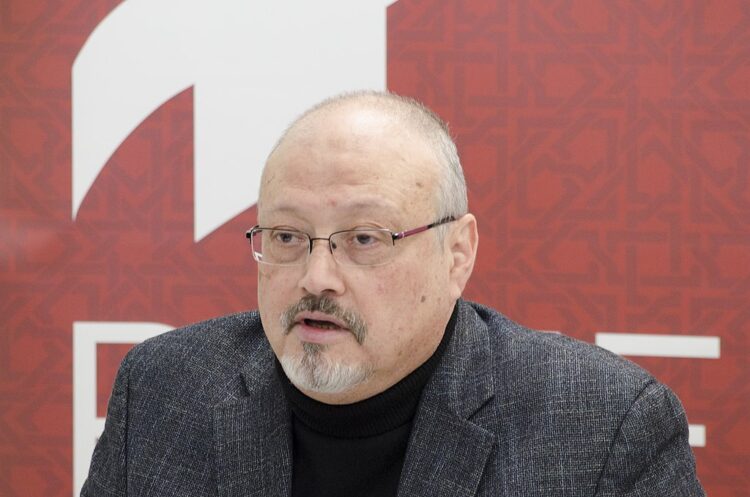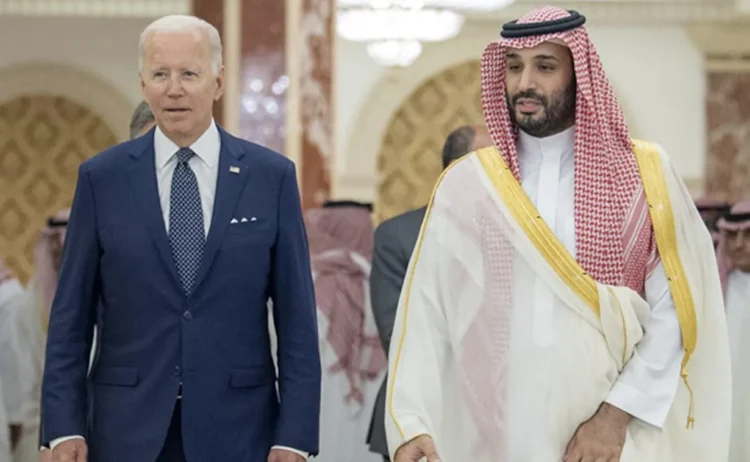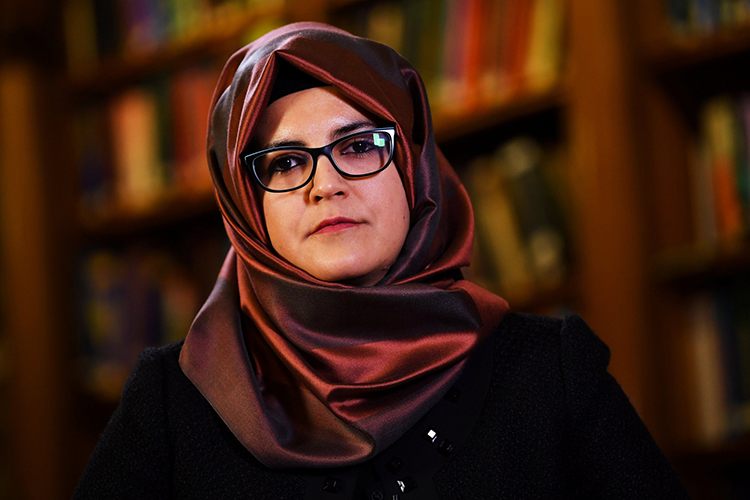President Joe Biden has consistently lambasted Saudi Arabia, a major U.S. ally, since his run for the presidency. But in recent days, his administration has had second thoughts and backtracked, underscoring the persistence and importance of Realpolitik in international relations.
While campaigning for the presidency, Biden adopted a demonstrably unfriendly position toward Saudi Arabia’s prime minister and de facto ruler, Crown Prince Mohammed bin Salman, promising to treat him as a “pariah.”
In this spirit, after his election, Biden ordered the Central Intelligence Agency to release a damning report accusing the prince of ordering the assassination of Saudi dissident Jamal Khashoggi. A journalist, he was murdered and dismembered by a Saudi hit team in Saudi Arabia’s consulate in Istanbul in October 2018.

Initially, the Saudi regime stoutly denied its involvement in the gory incident, and the prince insisted he had no prior knowledge of it. But eventually, the Saudis admitted that “rogue” operatives had carried out the killing, and the prince took symbolic responsibility for it.
Nonetheless, the assassination created ill feelings between the United States and Saudi Arabia, the seat of Islam and one of the biggest oil and gas producers.
Biden’s predecessor, Donald Trump, reluctantly imposed sanctions and visa bans on a few Saudi officials, yet the prince remained untouchable and went unpunished.
Until last summer, Biden refused to meet the prince — the son of King Salman, the official head of state, and the heir to the Saudi throne — and criticized the Saudi monarchy’s lackluster human rights record.
Despite the palpable tensions, Biden visited Saudi Arabia this past July following a trip to Israel. He greeted the prince with a fist bump at the airport, as if their mutual animus had vanished. In the main, the purpose of Biden’s visit was to ensure that the Saudis ramped up oil production to help the American and European economies weather the inflationary storm.

This was not to be.
Last month, Saudi Arabia, in coordination with Russia in the OPEC Plus cartel, cut oil production in the face of soaring energy prices around the globe, thereby enraging Biden.
The Biden administration complained that the decision would exacerbate inflation in the United States and benefit Russia in the wake of its invasion of Ukraine.
Biden, in a fit of pique, warned the Saudis to expect “consequences,” saying he intended to reevaluate U.S.-Saudi relations.
On November 18, however, the United States made a sharp U-turn in its approach to Saudi Arabia.
Much to the bitter disappointment of human rights activists who abhor the autocratic House of Saud, the State Department, in a letter to the Justice Department, argued that the prince should be granted immunity with respect to a federal court case over his role in Khashoggi’s murder.
Khashoggi’s fiance, Hatice Cengiz, a Turkish citizen, sued Biden and his aides after concluding that the U.S. would not punish the prince.

His lawyers maintained that, as the leader of a government, he was entitled to “sovereign immunity.” A federal judge will determine whether he should be granted immunity.
The case underscores an enduring truism: Realpolitik is an integral component of the DNA of a superpower like the United States.
The word, coined by 19th century German politician and journalist Ludwig von Rochau, illustrates the thesis that practical and material factors tend to trump morality in relations between nations.
Biden, outraged by the belief that the Saudi prince was directly complicit in the murder of Khashoggi, intended to ostracize him. But at the end of the day, the Biden administration drew back from a confrontation with one of its key allies in the Arab world, deciding to cury favor with the future king of the desert kingdom.
Money talks.
